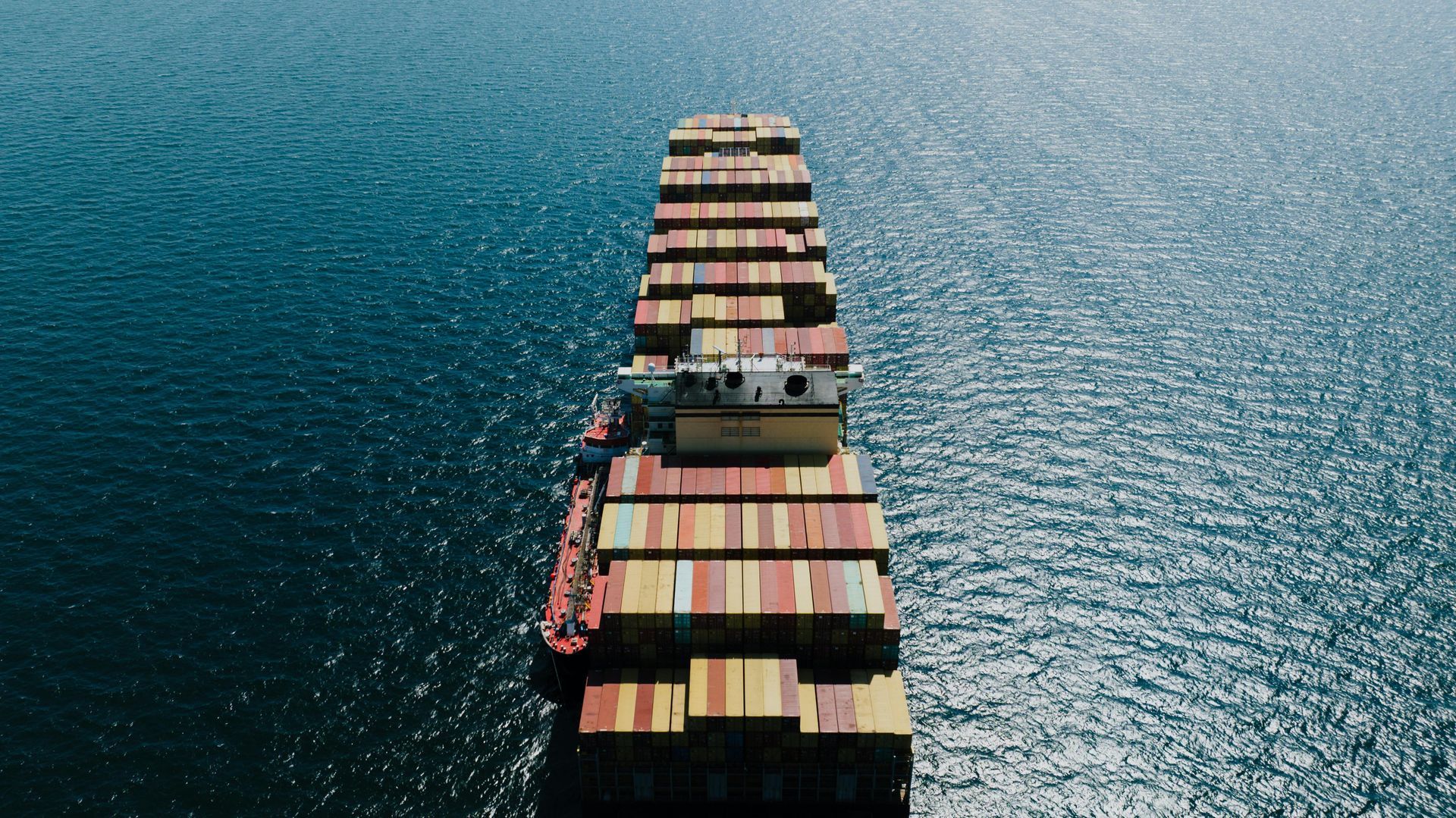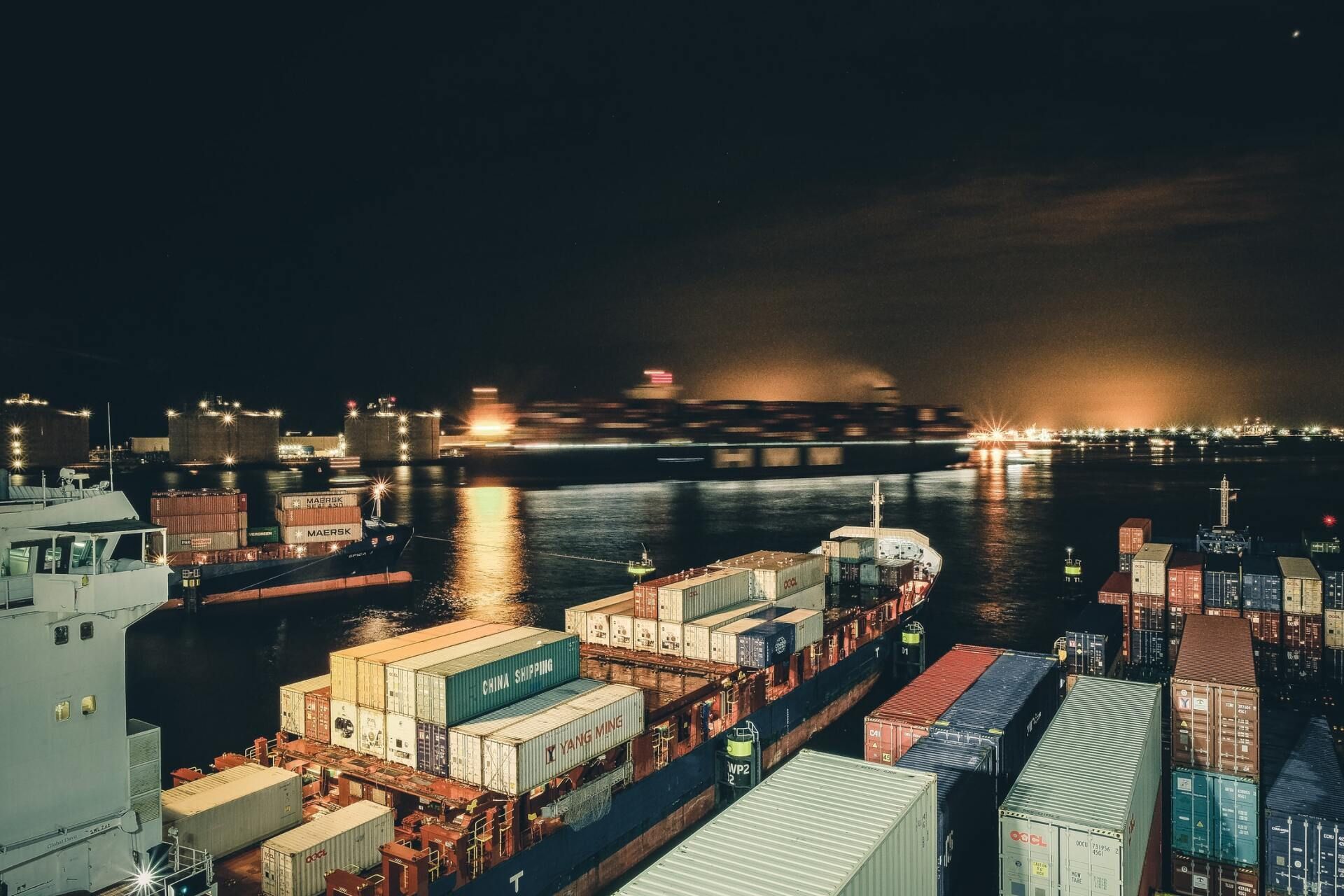Import Procedures
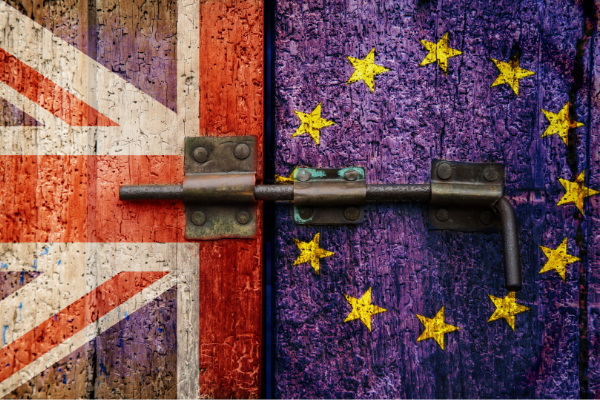
On 19 th May 2025, leaders from both the UK and the EU reached a common understanding to strengthen bilateral cooperation between the two neighbours. This was the first EU-UK Summit since the UK's exit from the EU. On 16 th July 2025, the EU published its recommendation for a Council decision, which seeks authorisation to open negotiations.

The question of who can appear on a UK Customs declaration is one that is not as simple as it might seem when it comes to the current rules and regulations, as laid down in UK legislation and in the UK Trade Tariff, Volume 3 for CDS. So, who can act as an exporter, importer or declarant and where does that leave them in terms of liability for the declaration and for the Customs debt?
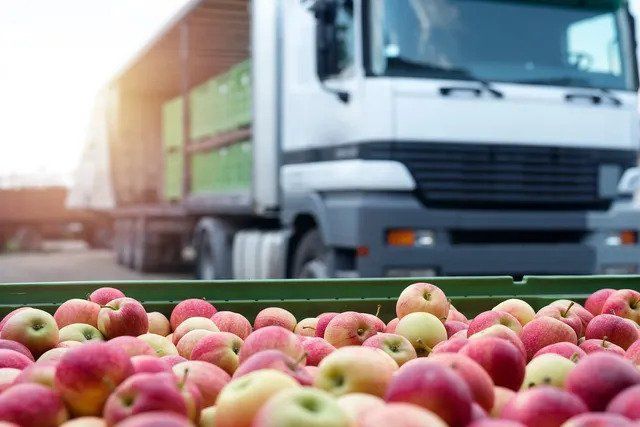
In a recent episode of the BBC's "Countryfile," the program highlighted ongoing challenges UK importers face, particularly those dealing with food products. The episode highlighted concerns that have persisted since the UK departed from the European Union, emphasising that several issues remain unresolved at the borders, with limited solutions currently in place.
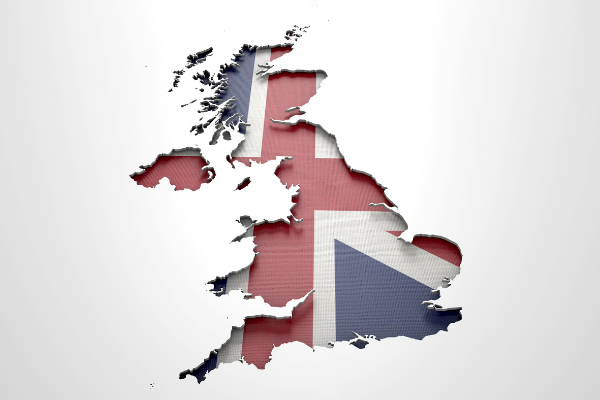
The EU Exit introduced numerous challenges for UK traders, many of which have been resolved over time. However, trading with Northern Ireland (NI) remains particularly complex. The Windsor Framework was developed to address these complexities, introducing a phased approach to implementing final regulations for Northern Ireland. This process began in October 2023 with the UK Internal Market Scheme (UKIMS) launch.

